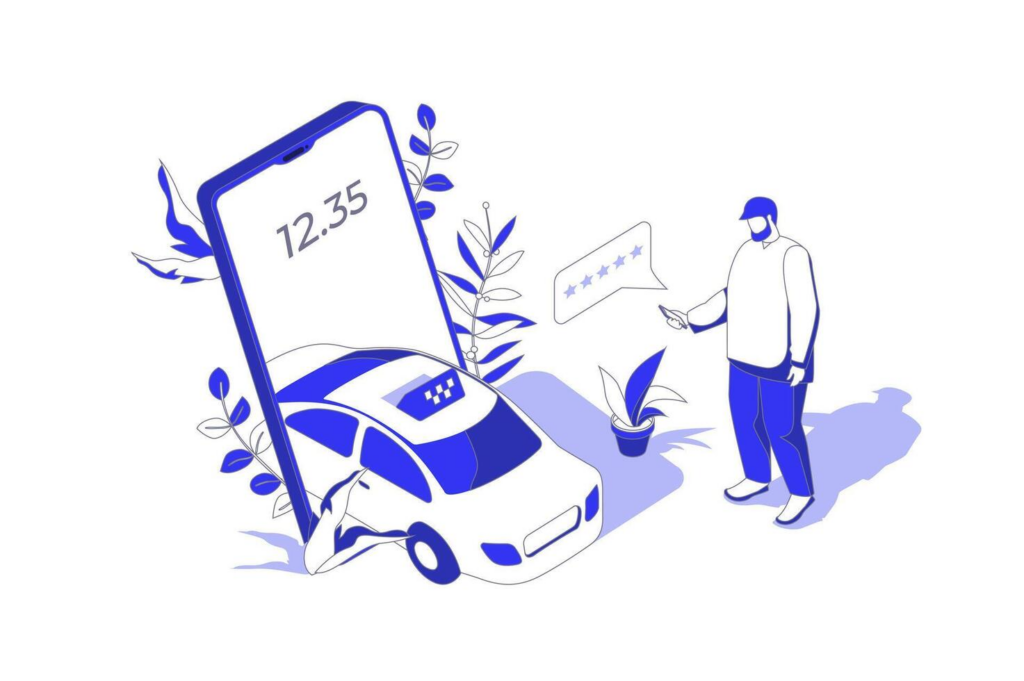Besides being the staple of millions of budding and professional data scientists all over the globe, Python is used extensively by a host of other developers as well. Among the most frequently recommended programming languages in the world, it is among the easiest to pick up as well.
A 2020 StackOverflow developer survey that ranked Python as one of the most popular and widely-used languages among developers is further testimony of the large-scale patronage of the language.
What Is Python?
Python is an object-oriented, interpreted, high-level programming language that contains dynamic semantics.
It is an attractive and immensely popular choice for Rapid Application development on the back of its dynamic binding and typing abilities as well as its high-level built-in data structures.
Additionally, its easy-to-learn syntax reduces the cost of program maintenance by fostering an improved degree of readability.
A few other advantages of Python have been listed below –
- It is incredibly easy to read, learn, and write Python as it is a high-level programming language with English-like syntax. This is also among the top reasons why most people recommend Python to beginners.
- The simplicity of Python makes it a highly productive language. It enables developers to focus more on solving the problem statement at hand rather than getting stuck in the syntax and behavior of the language in the first place.
- Python is an interpreted language which essentially means that it executes the code line by line. As a result, it makes the process of debugging a whole lot easier for the programmer.
- Python assigns data types dynamically during the execution of the program, saving the programmer the trouble of declaring the variables and their data types.
- As it comes under the OSI-approved open-source license, Python is free to use and distribute. This makes life a whole lot easier for companies who wish to modify some specific behavior of the language and use their customized version for development.
Python And Mobile App Development
Python comes with several built-in libraries which spare developers from the trouble of having to code their functions.
All they need to do is borrow the relevant segment of code from the library itself. The fact that it is extremely secure and platform-independent further helps Python assets its position as a pivotal option in the app development market.
Popular Python Frameworks For App Development
While there exist multiple Python mobile application development frameworks for developers to choose from, in this section we’ll talk about exclusively two frameworks– Kivy and Beeware.
Not only have these frameworks been successful at amassing incredible popularity but are also arguably the most efficient frameworks out there when various parameters are taken into account.
Read on to find out more about these two frameworks.
Kivy
First released in early 2011, Kivy is a cross-platform Python framework that can be deployed successfully to all of Windows, Linux, Raspberry Pi, and Mac. In addition to regular mouse and keyboard inputs, it also supports multitouch events.
Developers that make use of Kivy while building an application, are, in essence, building a Natural User Interface (NUI).
The benefit of using a NUI is that it lets users learn the software with little to no instruction. Since all of Kivy’s widgets are custom-drawn, applications created using it hold the same appearance across all platforms. Listed below are a few other benefits of using this framework.
- Kivy is cross-platform in nature which means that code is once written can be reused across all platforms such as Android, iOS, and the like. There is no need for writing separate codes for different Operating Systems. As a result, it helps in reducing both coding times as well as cost.
- Kivy provides its developers with a custom user interface toolkit that offers a host of textboxes, custom text stickers, and buttons among other things. This helps developers build a User Interface (UI) that is as user-friendly as aesthetically pleasing.
- Apps built using the Kivy framework are known for exhibiting a greater degree of consistency concerning app stability and other related factors. In general, Python-backed applications tend to be less susceptible to security threats and crashing.
Beeware
Like Kivy, Beeware is also cross-platform in nature. Beeware’s main repository is known for getting updated regularly.
Besides offering a suite of useful tools, Beeware also provides an abstract layer that can be utilized to script original-looking mobile and desktop applications using Python.
Unlike Kivy’s custom user interface toolkit, Beeware developers get a native user interface toolkit.
Some of the other benefits of using Beeware are –
- Rather than using a theme-based approach, Beeware uses native functionality and native widgets.
- It has specialized toolkits such as Briefcase and Toga that perform specific tasks.
Tools Required For Python App Development
Some popular tools that are required for Python app development have been listed below.
- Python-for-Android – Python-for-android is an open-source build tool that allows you to package Python code into standalone android APKs (Android Package).
These APKs can be then installed, passed around, or even uploaded to popular virtual marketplaces such as the Play Store, just like any other Android app out there. It is known for supporting two major operations.
Firstly, it can compile the Python interpreter, its backend libraries, dependencies, and python code for Android devices. Secondly, it provides a simple interface to the different APK distributions.
- PyJNIus – PyJNIus is a python module that is used to access Java classes as Python classes with the help of the Java Native Interface (JNI). It either retrieves the already surrounding JVM (Java Virtual Machine) or starts a new JVM inside the process.
- Plyer – Plyer is a platform-independent API that makes use of features that are primarily spotted on mobile platforms in Python.
Depending on the current platform, it calls for external libraries to ensure that the implementation of the API takes place in the most hassle-free manner.
- PyOBJus – PyOBJus is a Python library that is used for accessing Objective-C classes. Subsequently, it constructs a Python wrapper around the Objective-C classes that are loaded onto it.
Types Of Apps Which Can Be Built Using Python
A wide variety of applications can be built with the help of Python. They include –
- Blockchain Applications– Thanks to Python-powered applications, the process of blockchain development has become vastly more convenient than it ever used to be.
By implementing Python frameworks such as Flash, developers can now not only use HTTP requests to connect with their blockchain over the internet but also create endpoints for distinct blockchain functions.
- Command-line Applications: Owing to its Read-Eval-Print-Loop (REPL) feature, Python is considered to be an ideal language for developing Command-line or Console applications.
The REPL feature empowers developers to evaluate the language as well as recognize new possibilities.
- Audio and Video Applications: Apps built using Python assist in the creation of music and other kinds of audio and video applications.
Python can be used effectively to analyze the surplus amount of audio and video content that is up for grabs on the Internet these days.
- Game App Development: Popular gaming apps such as Battlefield 2 and EVE Online have all been developed with the help of Python. Its rich suite of features coupled with its extensive functionalities and add-ons make it the darling of developers.
- Web Development: Python is among the most sought-after languages out there when it comes to web app development. A large number of websites that we come across today were built using Python and popular Python frameworks like Flask and Django.
The rendering of these pages is carried out with the help of HTML and CSS.
But Python plays a pivotal role in giving shape to their visual elements, managing databases, and user accounts, driving functionality, and helms a whole lot of other features in general.
- Robotics: If there’s one thing that unites professionals and hobbyists in the field of robotics, it is their extreme fondness for Python as a programming language.
Thanks to its compatibility with the Raspberry Pi hardware platform, robotics hobbyists can routinely make use of Python to conduct multiple innovative and affordable experiments daily.
Famous Applications Built Using Python
Some of the most famous applications on our smartphones that were built using Python are –
- Spotify
- Dropbox
- Uber
- Disqus
FAQ
As an open-source programming language, Python is primarily used for the development of mobile and desktop applications
Python’s flexibility, scalability, and extensive range of functionalities make it an extremely popular choice when it comes to building applications.
Yes, many popular enterprise applications such as Odoo and Tryton have been built using Python.
Yes. You can use Python to build apps on multiple platforms. Python’s frameworks – Kivy and Beeware – thoroughly support building an application that can run on iOS as well as Android.
Conclusion
Python is an extremely powerful language that finds usage across a wide range of real-time applications. And familiarity with Python lets developers breathe life into their visions.
Also, Python’s adaptability alone is reason enough to choose Python as your programming language.

Suggested Reads:
[catlist categorypage=”yes”]



